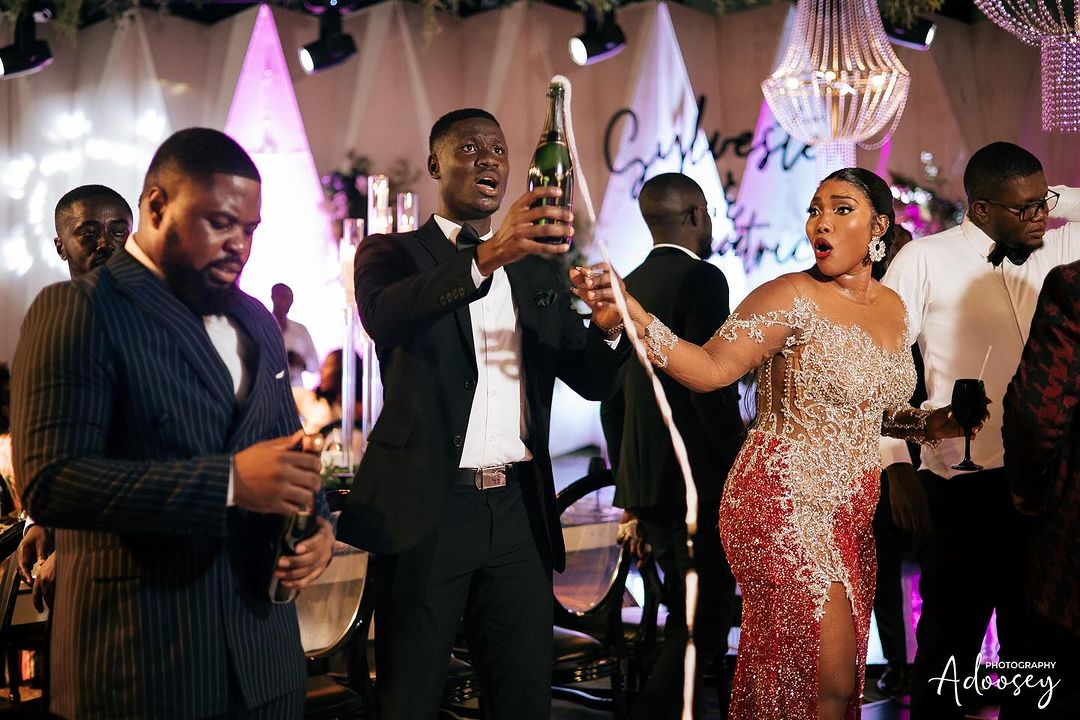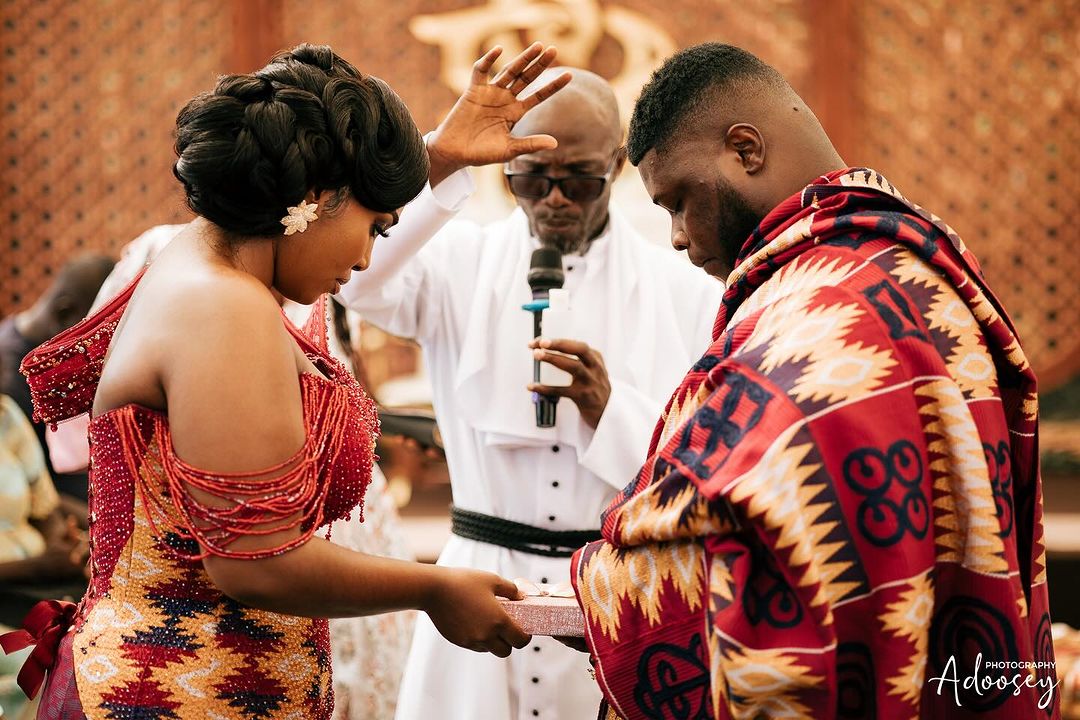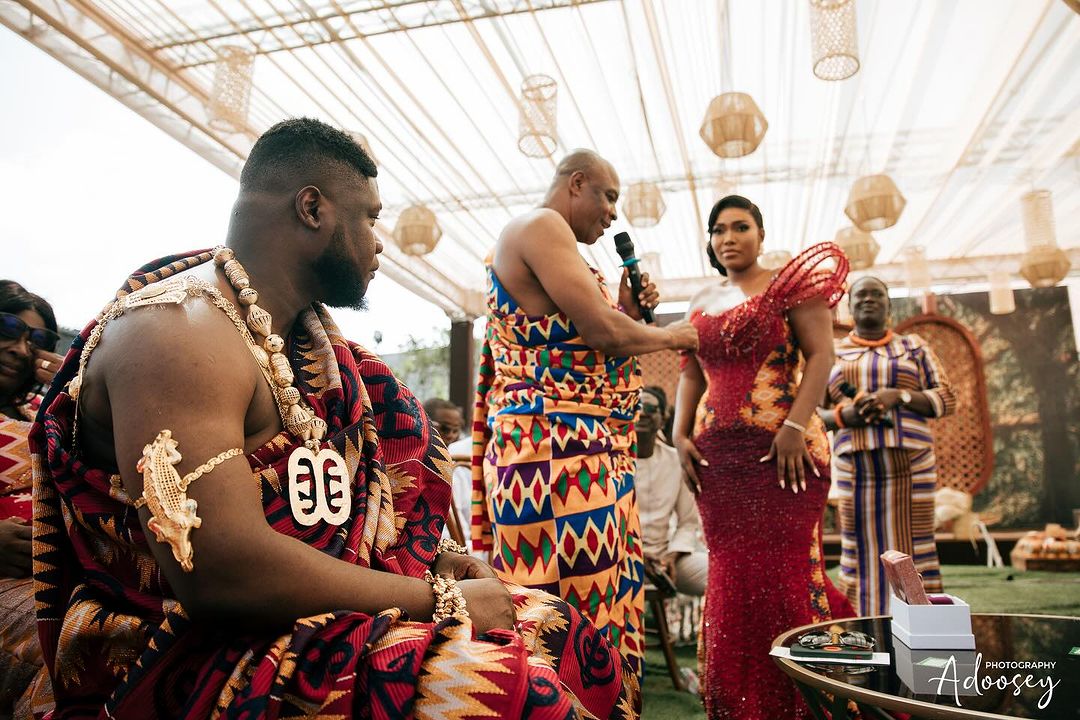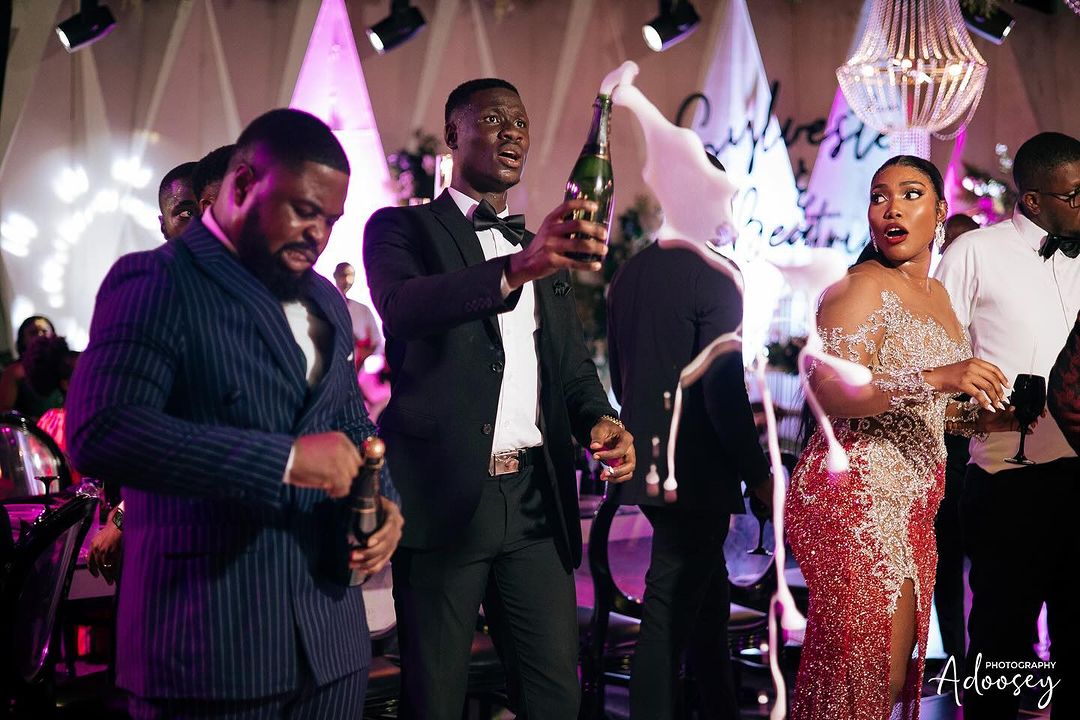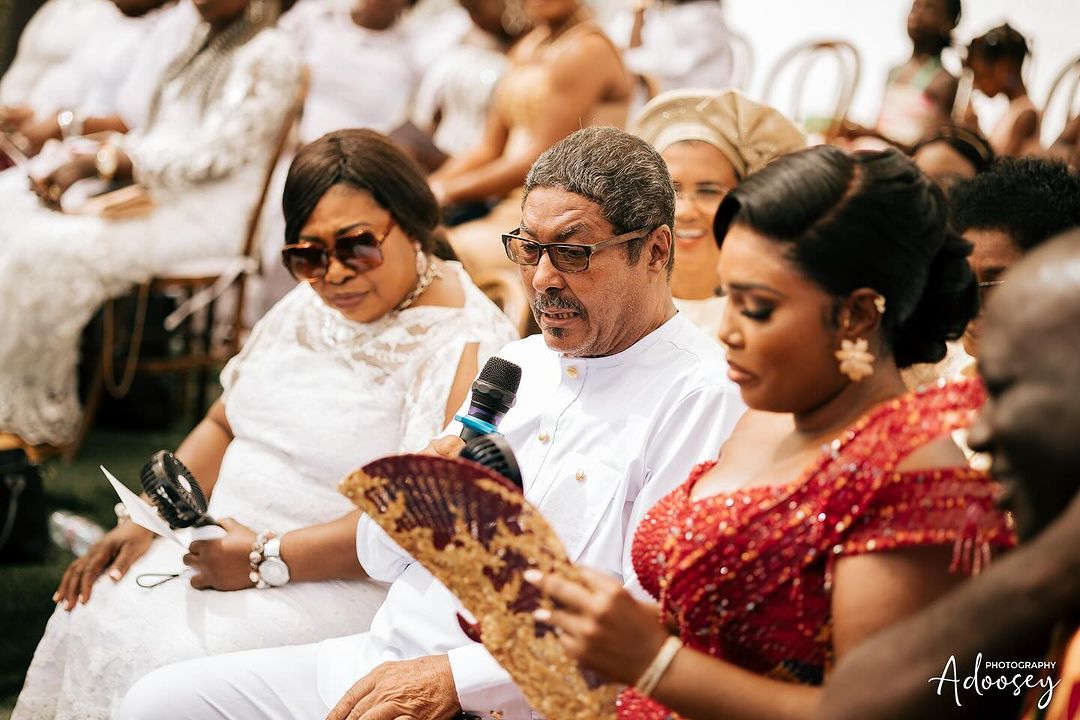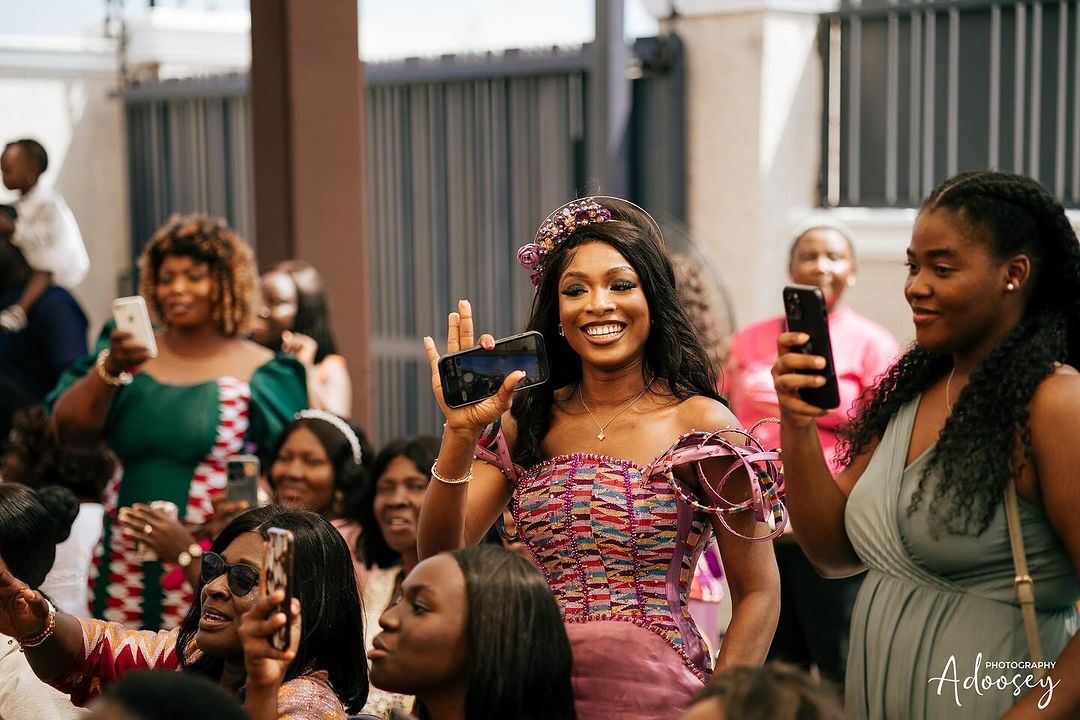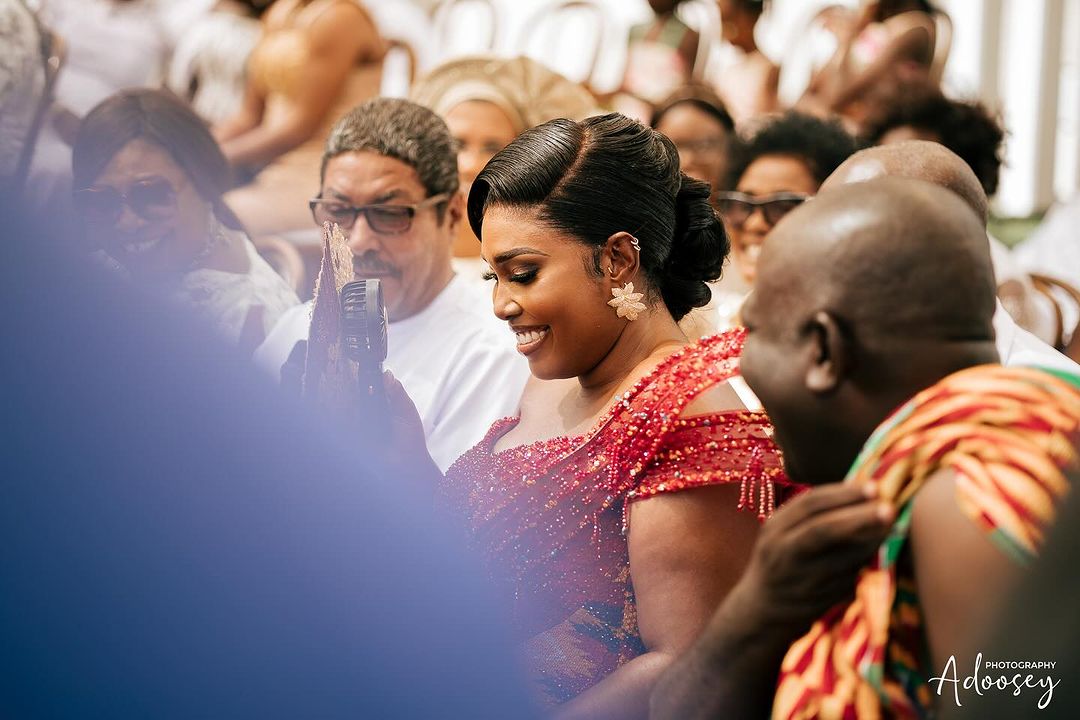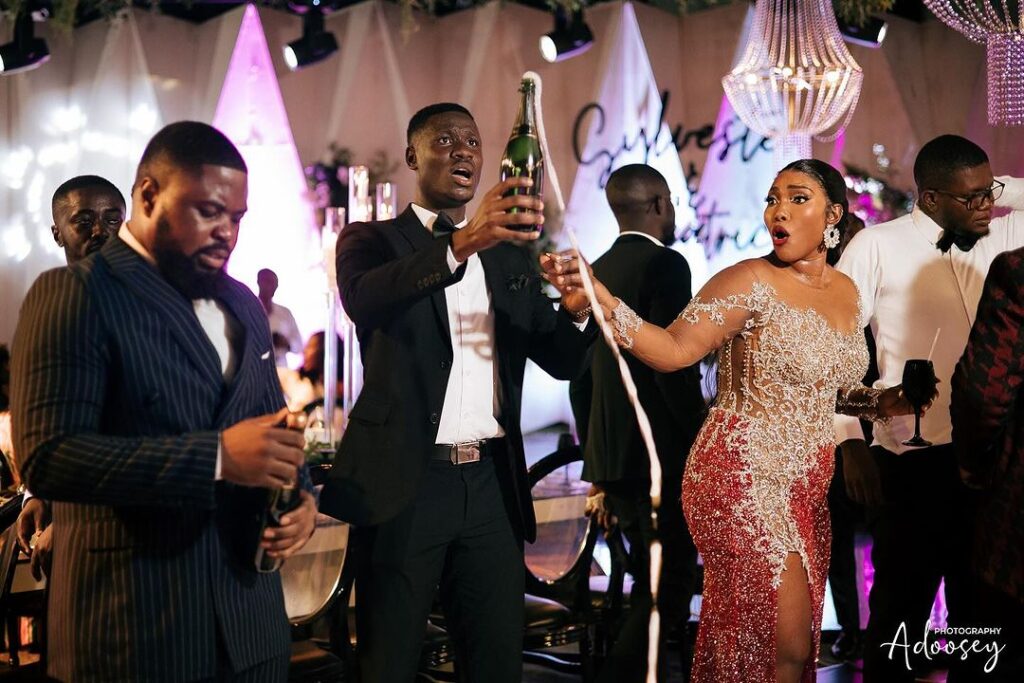
Planning a wedding in Ghana is an exciting journey for brides-to-be, grooms-to-be and family as it builds a strong sense of community.
A well-structured wedding program not only ensures the smooth flow of the day's events but also reflects the couple's personalities and cultural heritage.
Whether you're a wedding planner or a bride-to-be, this guide by Kele+ will walk you through creating a memorable and organized wedding program outline tailored to Ghanaian ceremonies.
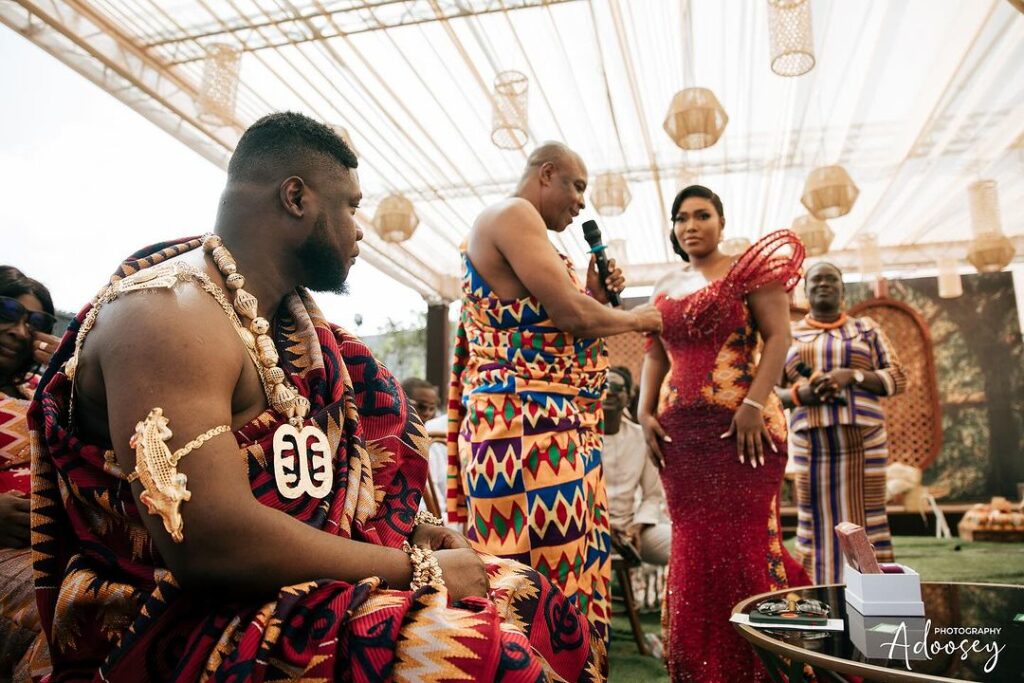
Before diving into the program outline, it's essential to appreciate the unique elements of Ghanaian weddings. These events often combine traditional customs with modern influences. Even with traditions, there are differences among the various ethnic groups to honour both family heritage and personal preferences. Key components include the traditional engagement or "knocking" ceremony which involves getting to know the families involved in the union, the white wedding, and various practices that vary among ethnic groups like the Akan, Ewe, and Ga.
Begin with a brief welcome by the MC, an Okyeame or a respected elder, acknowledging the guests and setting a warm tone for the celebrations.
Outline the order of entrance, starting with the groom's appearance, bridal party, followed by the bride's grand entrance. This is often accompanied by traditional Ghanaian music or songs meaningful to the couple.
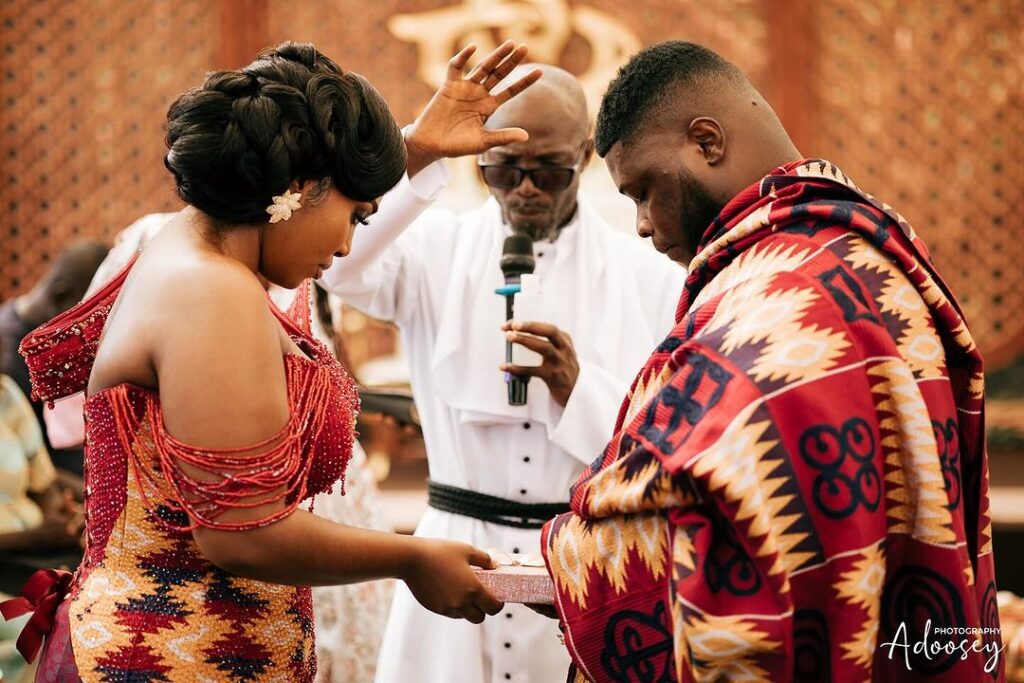
In many Ghanaian cultures, bride is aked if she is willing to leave with the groom as he and his family have come for her hand in marriage.
Detail this segment with the officiant's opening words, the exchange of vows, ring ceremony, and the pronouncement of marriage, culminating in the first kiss.
Schedule performances such as traditional dances, drumming, or poetry that reflect the couple's heritage, adding a unique cultural touch to the ceremony.
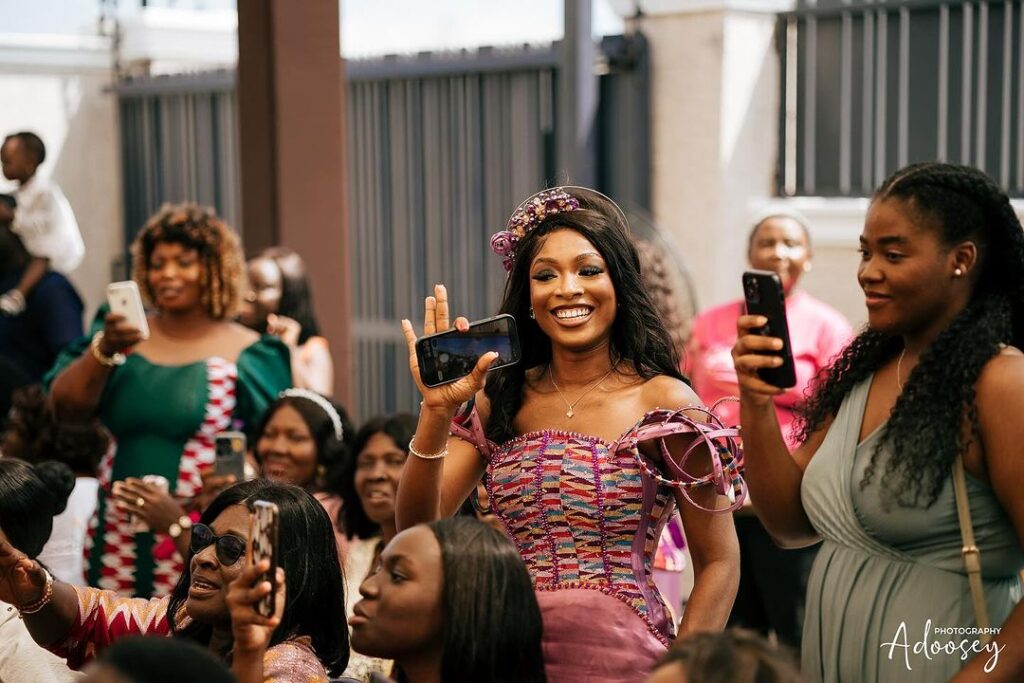
The newlyweds lead the way out, followed by the bridal party. This marks the transition from the formal ceremony to the reception.
Highlight the couple's entry into the reception, often accompanied by vibrant music and dance, setting an upbeat tone for the festivities.
Outline the meal plan, including traditional dishes like jollof rice, kelewele, and other local favorites, ensuring guests are aware of the culinary journey ahead.
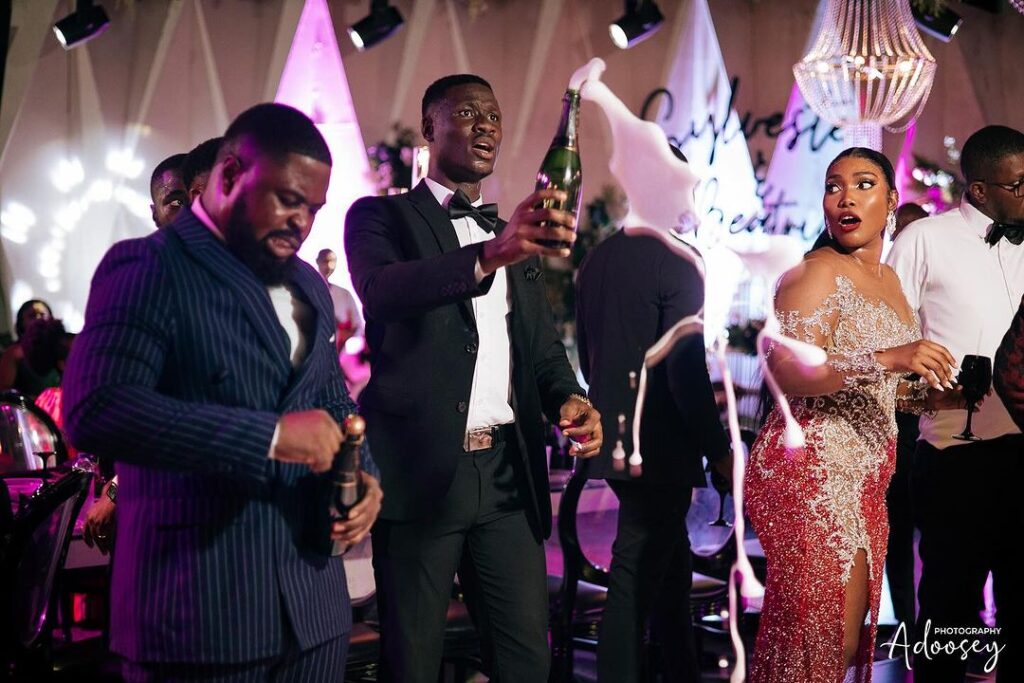
Allocate time for heartfelt speeches from the couple, their families, and close friends, offering blessings and sharing fond memories.
This symbolic act represents the couple's first joint task; detail the timing and any traditional or unique aspects of the cake presentation.
Describe the moment when the couple shares their first dance, possibly incorporating traditional steps or a modern routine that tells their story.
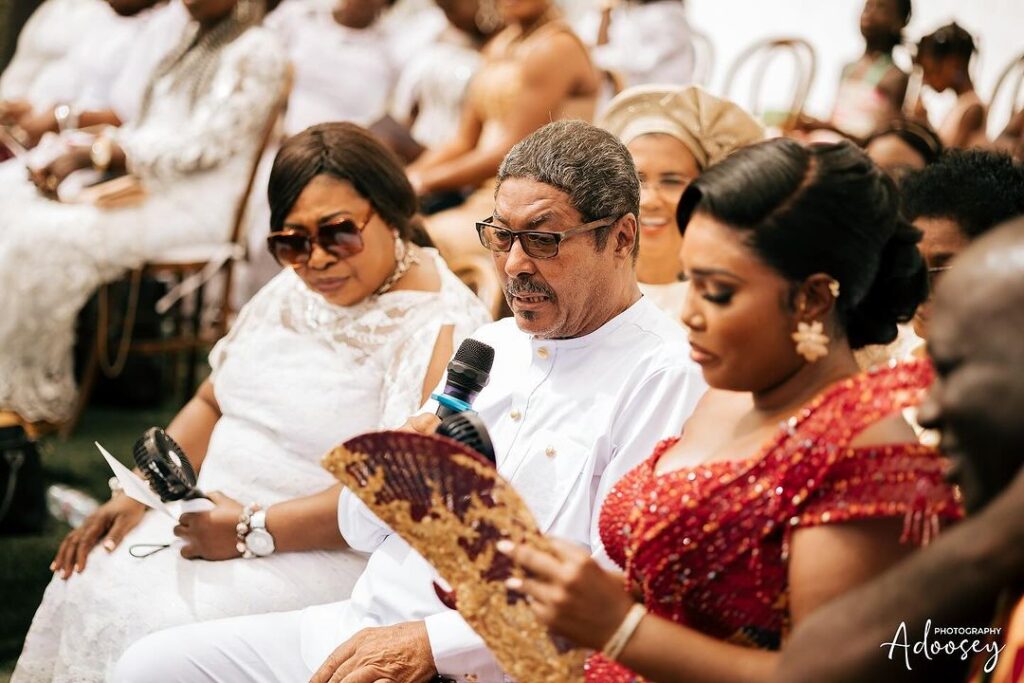
Include a segment for family elders to offer their blessings, often accompanied by the presentation of gifts or symbolic items.
Plan interactive moments like group dances, games, or a photo session, encouraging guests to be an active part of the celebration.
Conclude with a thank-you note from the couple or the MC, acknowledging the guests' presence and contributions to the memorable day.
End the program with a festive send-off, where guests can shower the couple with well wishes. But mostly in Ghana, it is where everybody gets on the dancefloor for a heated last minute dance.
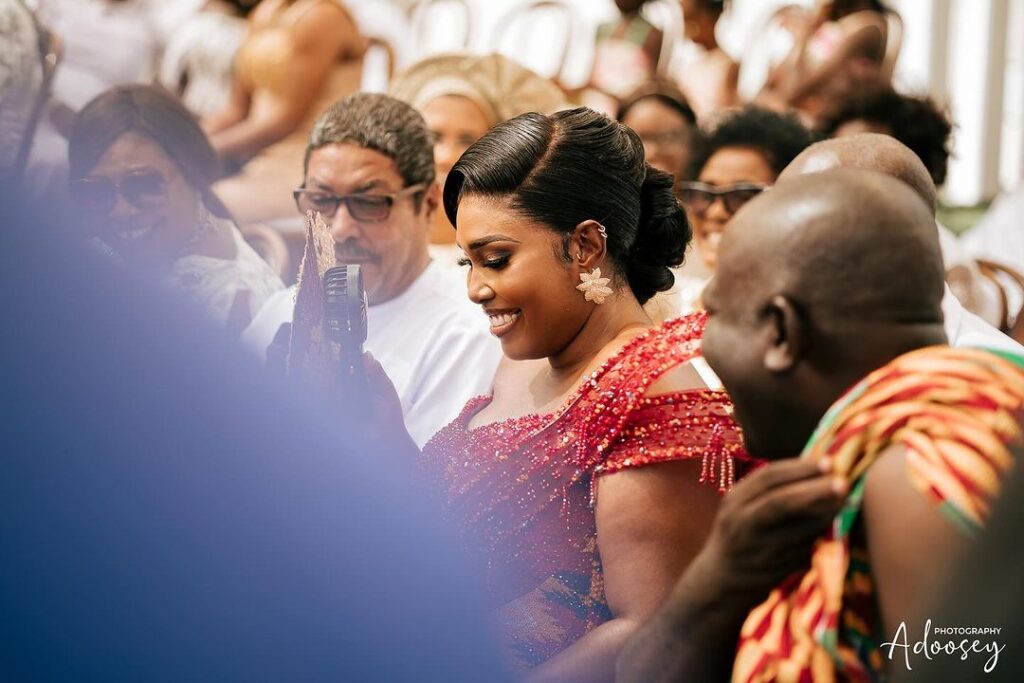
Creating a wedding program in Ghana is a beautiful opportunity to tell your wedding story how you want it. Remember, the key to a memorable wedding program lies in its ability to reflect the couple's journey, honour their heritage, and engage their cherished guests in the celebration of their love. So simply put, do you for your wedding programme outline in Ghana.
